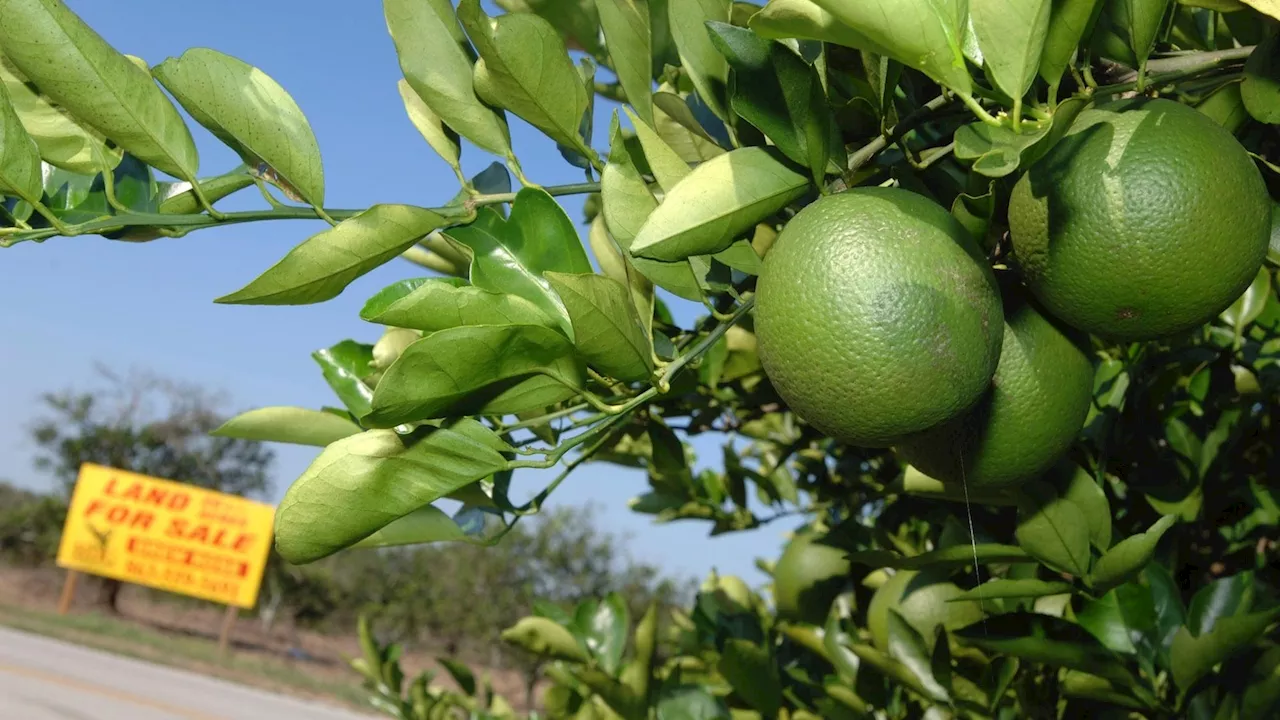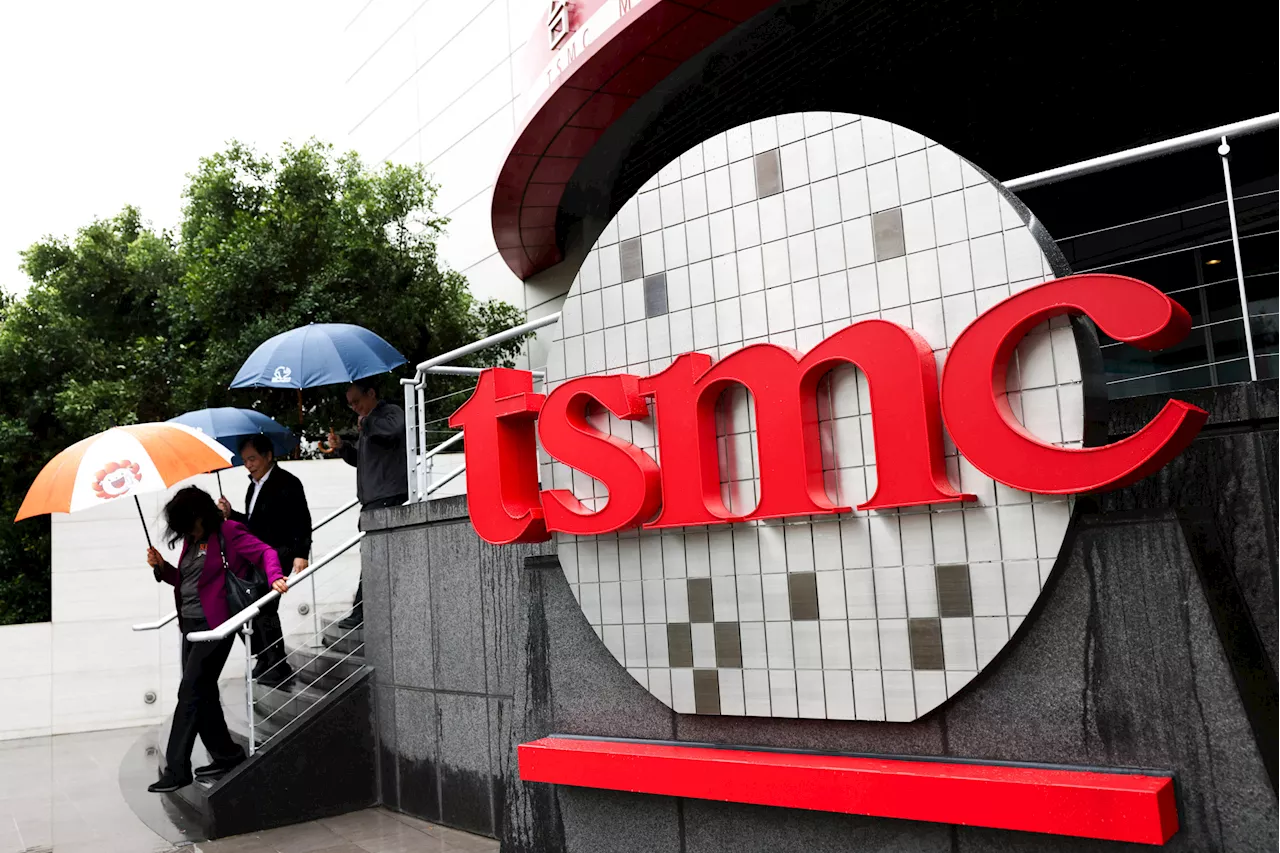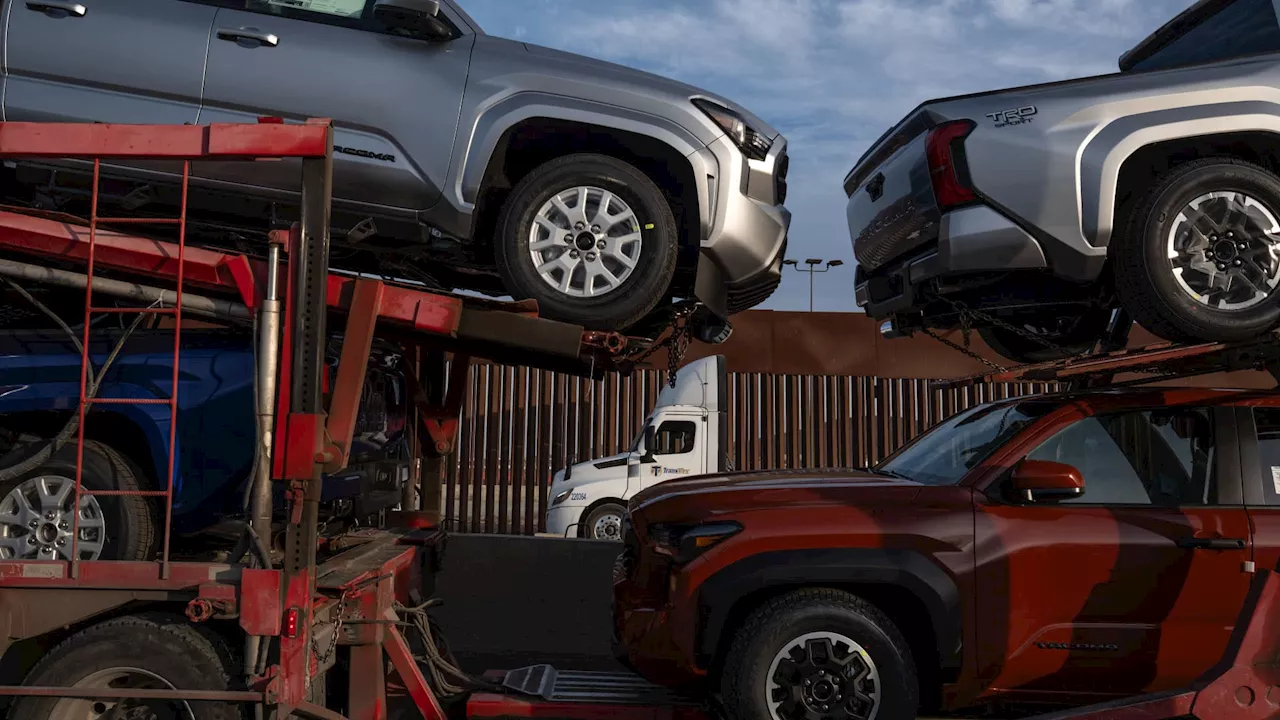The global automotive industry is anxiously awaiting President Donald Trump's decision on whether to impose 25% tariffs on Canadian and Mexican imports. Major automakers, including General Motors, Volkswagen, Nissan, and Stellantis, are seeking clarity to plan accordingly. Tariffs could significantly impact vehicle production, costs, and consumer demand.
As President Donald Trump's threat to impose 25% tariffs on Canada and Mexico as soon as Saturday looms, the global automotive industry is collectively holding its breath. Regardless of whether Trump implements the duties, automakers such as General Motors — the country's top-selling automaker — want clarity so they can act accordingly. On a sales basis, German automaker Volkswagen is the most exposed to tariff risk, followed by Nissan Motor and Stellantis , S&P Mobility reports.
A car carrier trailer waits in line next to the border wall before crossing to the United States at Otay commercial port in Tijuana, Baja California state, Mexico, on Jan. 22, 2025. Trump promised to impose duties upon his inauguration this month, then he set a target date of Feb. 1 for levies on the key U.S. trading partners. A tariff is a tax on imports, or foreign goods, brought into the United States. The companies importing the goods pay the tariffs, and some fear the companies would simply pass any additional costs on to consumers — raising the cost of vehicles and potentially reducing demand. Tuesday, when the automaker's stock had one of its worst days in years even after it beat Wall Street's expectations for its 2025 guidance and its top- and bottom-line for the fourth quarter. 'Our key take from GM's 4Q result is that while the opportunity for GM is highly compelling, US policy uncertainty must be navigated for the time being,' Barclays analyst Dan Levy said in an investor note Wednesday.GM did not account for potential tariffs in its guidance, which CFO Paul Jacobson described as a 'cautious' approach given no duties on North American goods have actually been implemented., citing the inauguration and California wildfires, among other issues and events. 'We're being cautious until we get a little bit more smooth data from the marketplace just because January was so noisy.' Tariffs could have a massive effect on the global automotive industry and potentially reduce earnings for companies such as GM, which has significant manufacturing operations across North America. 'Regardless of timing, these blanket tariffs would have a massive impact on the auto industry,' S&P Global Mobility Flanked by Blackstone CEO Stephen Schwarzman (L) and General Motors CEO Mary Barra (R), U.S. President Donald Trump holds a strategy and policy forum with chief executives of major U.S. companies at the White House in Washington February 3, 2017.Most major automakers have factories in the U.S. However, they still rely heavily on imports from other countries including Mexico to meet American consumer demand. Nearly every major automaker operating in the U.S. has at least one plant in Mexico, including the six top-selling automakers, which accounted for more than 70% of U.S. sales in 2024. The industry is deeply integrated between the countries, with Mexico importing 49.4% of all auto parts from the U.S. In turn, Mexico exports 86.9% of its auto parts production to the U.S., according to the International Trade Administration. Wells Fargo estimates that 25% tariffs on Mexico and Canada imports would cost the traditional Detroit automaker billions of dollars a year. The firm estimates the impact of 5%, 10% and 25% tariffs on GM, S&P Global Mobility, formerly IHS Markit, estimates a 25% duty on a $25,000 vehicle from Canada or Mexico would add $6,250 to its cost — some if not most of which could be passed on to the consumer.S&P Mobility reports plants in Canada and Mexico produce roughly 5.3 million vehicles, with about 70% — nearly 4 million — destined for the U.S. Some of those automakers also heavily rely on production in Mexico, but not all producers would face the same disruptions. On a sales basis, German automaker. 'But yes, we need to await his decisions and after the decision of Mr. Trump and his administration, we will work accordingly.' Here are the automakers that are most exposed to tariffs on vehicles imported from Mexico, based on the percentage of their U.S. sales being produced south of the border
Tariffs Automotive Industry Canada Mexico Trump Administration General Motors Volkswagen Nissan Stellantis
United States Latest News, United States Headlines
Similar News:You can also read news stories similar to this one that we have collected from other news sources.
 Canada Threatens Retaliatory Tariffs on US Goods if Trump Imposes 25% TariffsCanada is considering retaliatory tariffs on American products if President-elect Donald Trump follows through on his threat to impose 25% tariffs on all Canadian goods.
Canada Threatens Retaliatory Tariffs on US Goods if Trump Imposes 25% TariffsCanada is considering retaliatory tariffs on American products if President-elect Donald Trump follows through on his threat to impose 25% tariffs on all Canadian goods.
Read more »
 Trump Tactical Targeted Tariffs: A Reminder of the Impact of TariffsMarket Overview Analysis by Michael Ashton covering: Starbucks Corporation. Read Michael Ashton's latest article on Investing.com
Trump Tactical Targeted Tariffs: A Reminder of the Impact of TariffsMarket Overview Analysis by Michael Ashton covering: Starbucks Corporation. Read Michael Ashton's latest article on Investing.com
Read more »
 Trump's Tariffs Spark Concerns: Retailers, Consumers, and Industry Experts Brace for ImpactPresident Trump's commitment to imposing tariffs on imported goods raises alarm bells among retailers, economists, and industry leaders who predict significant price increases for consumers and potential disruptions to supply chains.
Trump's Tariffs Spark Concerns: Retailers, Consumers, and Industry Experts Brace for ImpactPresident Trump's commitment to imposing tariffs on imported goods raises alarm bells among retailers, economists, and industry leaders who predict significant price increases for consumers and potential disruptions to supply chains.
Read more »
 Farmer discusses potential impacts of Trump tariffs on the industryFounder and President of the National Black Farmers Association John Boyd joined The National News Desk to discuss.
Farmer discusses potential impacts of Trump tariffs on the industryFounder and President of the National Black Farmers Association John Boyd joined The National News Desk to discuss.
Read more »
![]() Trump Threatens Taiwan with 100% Tariffs on Semiconductor IndustryPresident Trump's threat to impose tariffs of up to 100% on Taiwan's semiconductor industry has sparked concern. The tariffs would target Taiwan's dominant role in global chip supply chains, which accounts for 60% of semiconductors and over 90% of the most advanced chips. Experts warn such tariffs would harm US tech firms, damage relations with a key ally, and potentially boost Chinese semiconductor manufacturers.
Trump Threatens Taiwan with 100% Tariffs on Semiconductor IndustryPresident Trump's threat to impose tariffs of up to 100% on Taiwan's semiconductor industry has sparked concern. The tariffs would target Taiwan's dominant role in global chip supply chains, which accounts for 60% of semiconductors and over 90% of the most advanced chips. Experts warn such tariffs would harm US tech firms, damage relations with a key ally, and potentially boost Chinese semiconductor manufacturers.
Read more »
 Trump Threatens Taiwan Chip Industry with Tariffs, Sparking Global ConcernU.S. President Donald Trump's threat to impose tariffs of up to 100 percent on Taiwan's semiconductor industry has sent shockwaves through the global tech sector. The potential tariffs, aimed at bringing chip production back to the U.S., threaten Taiwan's dominant position in the semiconductor supply chain and raise fears of a global trade war.
Trump Threatens Taiwan Chip Industry with Tariffs, Sparking Global ConcernU.S. President Donald Trump's threat to impose tariffs of up to 100 percent on Taiwan's semiconductor industry has sent shockwaves through the global tech sector. The potential tariffs, aimed at bringing chip production back to the U.S., threaten Taiwan's dominant position in the semiconductor supply chain and raise fears of a global trade war.
Read more »
